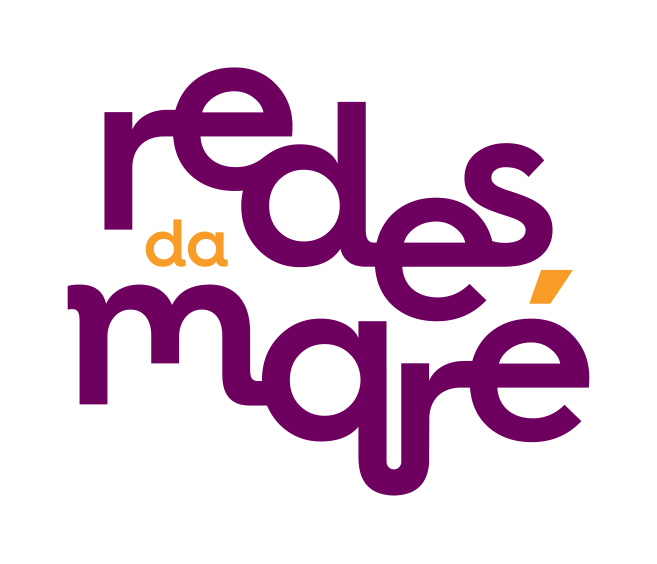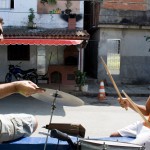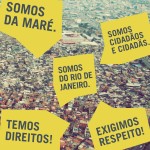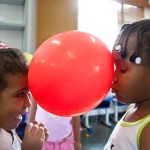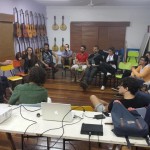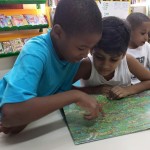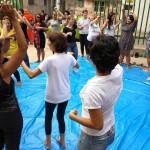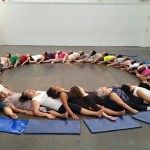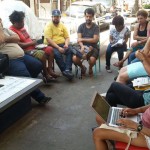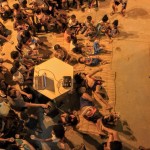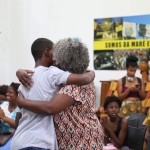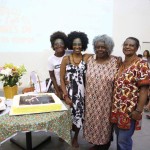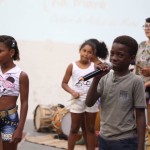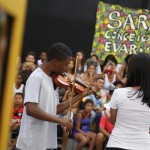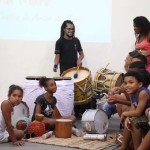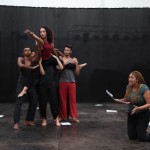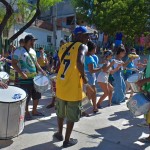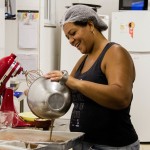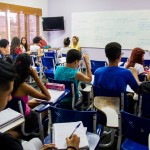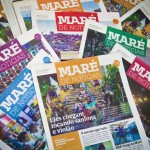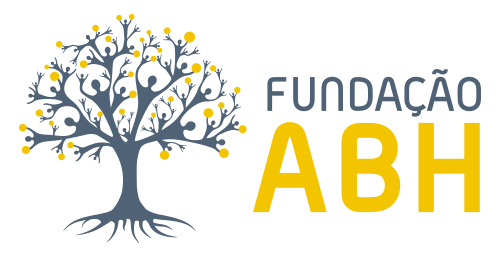
- Home
- Who we are
- Initiatives
- 2023
- 2022
- 2021
- 2020
- 2019
- Acreditar
- Capão’s Citizen Association
- CENEP
- ClareArt Association
- Dreaming Project Institute
- Interference
- Nursery Walk With Love is the Solution
- Organic Outskirts
- Panthers’ Productions Collective
- Sementinha Project (Little Seed) – Year 5
- Stitch to Stitch Collective
- The Story Finders Collective
- Untangle and Don’t Fool Me Collective
- 2018
- 2017
- 2016
- 2015
- 2014
- Partners
- Network and Territory
- Transparency
- Publications
- Make a donation!
Maré Networks
About
Maré Networks is a social organization focused on the community development of the Maré Complex, in the city of Rio de Janeiro / RJ.
Its creation is the result of a long involvement process of its founders with the community in the complex of Maré slums and also in the city of Rio de Janeiro.
The actions, researches and reflections developed by the Maré Networks along the way, marked by the actions of its members in local organizations and other environments of the city, in the different fields of social policies, are guided by the common interest of working in an integrated and comprehensive way, approaching themes related to the city of Rio de Janeiro and, more specifically, its low income environments.
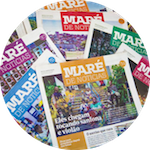
Strategic Axis of Action
By applying this action strategy, the institution seeks to develop projects within five focal points:
- Art and culture
- Territorial Development
- Right to Public Security and access to Justice
- Education
- Identities, Memory and Communication
Purpose
MISSION
VISION
To promote the consolidation of a broad network of partnerships to ensure sustainable development in the largest set of slum areas in Rio de Janeiro, Maré, based on the articulation of community people and institutions, civil society, universities, public agencies and private sector.
To have the recognition of the residents of Maré, civil society institutions, public governance, an institution that works with the objective of promoting the sustainable development of the region, the protagonism of residents and experiences relevant to the city.
Want to know more about Maré Networks?
Flexible Investment
ABH Foundation works with flexible investment for the organizations it supports. Maré Networks has established the following objectives for the investment provided:
Maré Verde (Green Tide)
An agenda for the promotion of socio-environmental rights in Maré.
- Environmental inequalities are great indicators for territorial inequalities
- The project includes actions to build an agenda for the promotion of socio-environmental rights in Maré territorial development agenda.
- The actions will be articulated around two complementary focal points:
- Mobilization of different segments of the population around interventions that have an impact on the quality of life of Maré residents;
- Incidence policy for urban interventions to improve the quality of life of Maré residents.
Brief socio-environmental diagnosis
- Lack of qualified public policies and environmental education in the territory
- Heat island: In the North Zone, where Maré is located, higher atmospheric temperatures than in the city center were identified. Such scenario accentuates and expands difficulties that significantly interfere in the quality of life; air pollution is one of the causes of respiratory infections, and Maré region is where it has the highest number of children hospitalized due to acute respiratory infection.
- Lack of green areas: 16 non-wooded squares were mapped in the Maré region. The only areas that concentrate tree mass is Pinheiro Island (Maré Ecological Park) and the Olympic Village of Maré. Maré has only 3.49 m2 /inhabitant of green and leisure area, well below WHO recommendations to guarantee the minimum quality of life (12m2 / inhabitant); Less than 30% of the households grow plants in Maré.
- Waste Collection and Basic Sanitation: Insufficient collection of waste and residues. About 30% of households in Maré do not have a home waste collection service. The consequence is the throwing of garbage in wasteland, in streets, in canals and in ditches. Although there is a sewage network, there is no connection of the sewage network to the collecting trunk and treatment plant.
Potentials
- Dense and dynamic community network with presence of 16 residents’ associations, civil society organizations, and religious institutions;
- Dynamic local economy with more than 3000 commercial enterprises, in which more than 30% in the food industry;
- More than 40 municipal schools, in which Rede da Maré has been inserted through an action in the articulation of the school community for 20 years;
- Maré que Queremos and Forum of Residents’ Associations, permanent environments for reflection and articulation with the public agencies to formulate demands and monitoring of public policies for the sustainable development of Maré;
- Youth increasingly aware of the importance of including the environmental agenda within the mobilization around the territorial development agenda;
- Program of urban gardens in municipal schools and Ecological Park of Maré.
Transformations and expected results
- Greater care with public and common environments based on greater environmental awareness and the enhancement of local knowledge and practices;
- Residents active in land management;
- Young people, women, men and elderly women, trained as environmental multipliers;
- Public bodies and community leaders more committed to the environmental agenda in the territory;
- Visibility of socio-environmental experiences developed in Maré.
FINAL RESULTS:
- Consolidation of a network of partnerships in support of social environmental initiatives
- Awakening of a sense of unity and collectivity among those involved
- Local players involved in the mobilization and performance of activities
- Development of Parque da Maré diagnosis
- 6 workshops of awareness to involve the community in the planning
- 15 articulation meetings with partners
- 3 mutual-aid efforts performed
- 100 seedlings planted
- 237 people involved
- 60 High School students
- 120 Elementary school students
- 4 principals
- 15 teachers
- 10 parents
- 6 EcoMaré Members
- 3 Muda Maré Members
- 5 Members of ECOM – Olhares da Maré School of Cinema
- 5 Comlurb Agents
- 2 Weavers of Hebert Vianna Cultural Tent
- 7 Young residents
- Training in audiovisual for youth and production of a short film.
Testimonies
“The project contributed to the territory in the most positive sense possible . The schools in Maré needed to debate and have projects related to environmental matters. To join youth with thematic environmental causes awareness towards a better future. ” Juliana – Young resident of Maré and creator of EcoMare project
“ I think it was a moment of unity for all the classes that are usually very separate, and all came together for a greater good that was planting and painting the school . It was cool because it brought a fresh look to the school that once was very gray and now is more colorful . ” Isabela – Student of the College State John Borges
“It is very important to touch the youth on the issue of preservation of the environment so they can understand the importance of plants , soil and other elements for the preservation of the life itself. The students had the opportunity to be main players acting in the collective effort of cleaning the surroundings of the school and planting. ” Amanda – Teacher of Biology at EC João Borges School.


